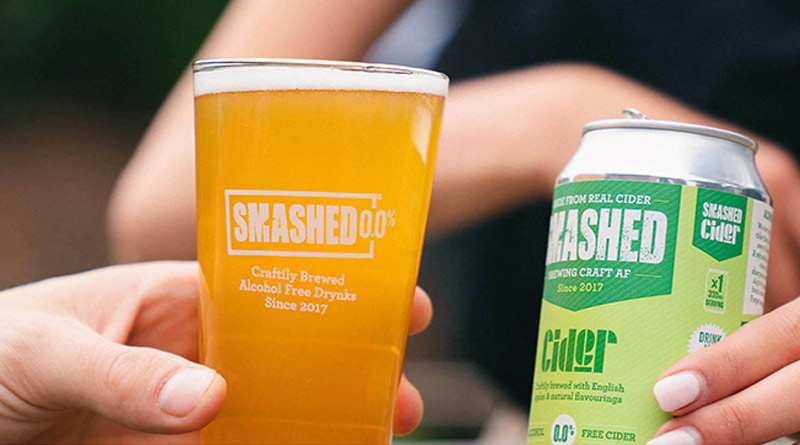How Dry Was the UK During Dry January?

Dry January 2023 was a little less dry compared to previous years according to a survey by product intelligence platform Vypr.
A nationally representative survey of its 65,000-strong community revealed that Dry January had a low engagement this year, less than 35% participated in a month-long abstinence, with just under 10% more men than women taking on the challenge.
When asked why they weren’t participating in Dry January, 57% of consumers responded that they enjoyed having a drink, with 22% stating that they didn’t drink and 7% saying it was too much effort or they didn’t have the support of family and friends.
Those taking part in Dry January had different reasons for joining the challenge. 42% said it was for health benefits, and 33% said it saved money. The post-Christmas and New Year detox accounted for 30% of consumers, and 20% said it was part of wider lifestyle changes.
Most participants (38%) said they found Dry January easy, with just under 30% saying it was okay. Less than 7% broke the challenge, with 19% commenting it was sometimes challenging. So what have consumers swapped their usual tipple to?
• 34% swapped to alcohol-free beer
• 25% chose zero-alcohol Gin
• 22% picked non-alcoholic lager
• 20% went for booze-free sparkling wines
• Other choices included Whisky (16%) and Rum (15%)
• 22% said they hadn’t tried any alcohol substitutes
50% of respondents said plenty of alcohol-free options were available, but 26% stated it was in supermarkets rather than bars or licensed premises. 6% said bars and restaurants had enough of a range of products. 41% stated alcohol-free products were fairly priced, with 31% adding them depending on options. Just under a third (29%) felt alcohol-free products were expensive.
Overall, 53% of consumers said Dry January had saved them money, while 33% said it had little or no impact. But, surprisingly, 14% said it was more expensive, which may indicate premiums on non or low-alcohol products.
Staying dry
Just under 50% of consumers surveyed said they were likely to continue not drinking after Dry January ends, with 31% saying they might. However, just over a fifth (22%) said they would drink.
Ben Davies, the founder of Vypr, comments: “With a wider range of non-alcoholic products, consumers can reduce their drinking. What is apparent is that the offering needs to be wider across hospitality. Consumers are interested in alternatives and will experiment. Our data show an appetite for alcohol-free products and an increase in those stopping drinking for long periods.”
